Wayne first appeared here on Media Whore. Since then, two grumpy old men complained about the sad state of reviews. In the latest installment of Wayneness, we hear his interview. Fast forward to the start at 1:07:50. Following his bio, I have a few questions of my own.
Wayne Jones has published short stories as well as non-fiction in journals and newspapers in both Canada and the U.S. He has self-published a mystery novel as well as a book about personal minimalism, and has co-written a biography about standup comedian Greg Giraldo. In the library field, he has edited or co-edited six books, and published over thirty peer-reviewed articles and book reviews. He is currently a member of the editorial board of a library journal from a multinational publisher, and has served in the past as chief editor of both a library association magazine and an editors’ association newsletter. Wayne is currently an academic librarian, and also has worked as a freelance editor. He has a special personal and research interest in Samuel Johnson, the great 18th-century writer, poet, biographer, and lexicographer. Wayne lives in Ottawa, and more information about his writing and other interests may be found at waynejones.ca
When you’re writing about someone’s entire life, you’ll inevitably dredge up the good with the bad, specifically information that might be damaging for those close to your subject. What ethical guidelines did you use when considering what to include and what to omit?
It is a very tricky balance in writing a biography, and one that my co-author Matt Balaker and I have been very conscious of throughout the writing of the book. There are both ethical and literary guidelines that we have applied. By “literary” I mean that the first criterion to be consulted is whether the damaging or embarrassing or whatever kind of information that we know about is germane to the story. If it’s not, then we leave it out — in a sense, this is a relatively easy criterion to apply, although of course whether something is relevant or not can be subjective. I may think it’s important and include it, but the reader may read it and say, “What the hell does this have to do with anything?” Or I may leave something out, and the reader may be puzzled by what seems to be a non-sequitor in the book, or a confusing transition because a fact is missing, or something like that.
As for ethical guidelines, these can be even harder to apply. In order to have any integrity as a writer of a biography, you have to be as true to the facts as you can be. If something happened, something happened. A good example in the story of Greg’s life is that he became an addict, typically drinking first and then taking drugs. These might be hard facts for his surviving family or friends or even fellow standup comedians to read about, but to sanitize the book so much that the addiction seems like a minor thing, or to leave it out altogether, would not only be dishonest writing, but it wouldn’t be true to the story of his life. One thing I learned in the interviews we did especially with the standup comedians is that they are brutally honest — not only (for most of them) on stage but also in their real lives. I admire deeply how in the interviews we did with them they spoke explicitly about not only Greg, but also about their own addictions and issues. And they were always careful not to imply that things were cheerier than they actually were, or to distort or massage a “fact” so as to make themselves look better. I truly believe that is a rare integrity, and one that inspired me when Matt and I were deciding on what to include and what not to include in the book.
In the end, like all ethical standards in this imperfect world, it was impossible to be categorical. That is, there are some facts that we know would be embarrassing to some of the subjects in the book, and that we omitted for that reason. Still, in my defense, I would say that in no (or at least extremely few) cases would the fact have added much to the story. But it can be a grey area. You don’t want to be a biographer who is more concerned with not offending people than with telling the fullest and most true story you can. It’s similar to the situation with standup comedians themselves. The best are the ones who “leave it all on the stage” — they focus on what they think it funny, and know that in some cases some of those jokes will be offensive to some people or some groups. If a comedian is always hedging, he will likely go on to be a mildly funny one who causes the occasionally titter (“Oh, dear!”), and who might even have an audience that likes that sort of insipid mildness, but he won’t be true or integretive. And for the record, that doesn’t mean just saying “fuck” all during your set on stage. The great standups — Dave Attell, Bill Maher, Patrice O’Neal, Chris Rock, Sarah Silverman, and, yes, Greg Giraldo — all say what they mean.
Did Greg’s death make your job easier or harder? He won’t be able to criticize your account of him, but you won’t be able to get his blessing by asking him to read your manuscript to check for anything that seems inaccurate or unfair. Is there an advantage to the Greg story having a beginning, middle, and end, as opposed to the work-in-progress you would have documented if he were still alive?
I don’t think it made our job easier or harder, just different. I am thinking of two aspects here. First, yes, we were not able to pass a draft manuscript to him and ask him to check the facts. However, that’s not necessarily a disadvantage. As a comedian, he would likely not have tried to sugarcoat any of the facts, but also we would not necessarily want to tout the book as approved by Greg. That might (falsely) imply to some readers that things have been cleaned up a bit in order to make him or others look better. I don’t think it’s a fully positive thing, in general, that a biographer has the endorsement of the person he is writing about.
That said, we have made constant efforts to check and recheck our facts, and to corroborate when necessary and possible. We’ve sought out second sources when we could, but in some cases there were no second sources: we have had to make an editorial judgment call about whether to include a fact that only one source told us, and to what extent. There are a few cases (very few) where the facts differ, and, again, we’ve either made a call, or presented both sides.
The “advantage,” so to speak, of Greg’s story having a beginning, a middle, and an end is that it can be a full and comprehensive story for many readers. There’s an arc to his life and therefore to the book which adds a poignancy or an emotion to it. A very smart kid graduates from Harvard Law, gets a job at one of the most prestigious law firms in the country, gives it up for comedy, and then goes through the highs and lows that many comedians go through. One of the many sad things about Greg’s untimely death was that he was just starting to make himself a presence in the popular, national media, as a judge on Last Comic Standing. He was only 44 and one can only imagine where his career might have gone after that.
How many interviews were conducted for this book? What did you learn about getting the most out of your interviewees? What did you learn about interviews in general?
We did over 60 interviews for the book: family members, fellow comics, comedy club managers and bookers, friends from high school and university, and so on. In addition, we supplemented those stories with independent research from online and from other sources. Right from the beginning, we wanted to make an authoritative version of Greg’s story — as full and accurate as it could be — and I’m very happy, and dare I say in a Canadian way, proud of the way it turned out.
Most of the interviews were conducted over the phone, and a small number were conducted either in person or by email — so I’ll concentrate on the phone interviews. It’s important to realize, and to let the interviewee know, that we are very grateful for the time they are giving us and also for the information. Without them, there is no book. I also found it important to plan for the interview. I didn’t just call someone up and allow them to talk for 30 minutes and then call it a day. I usually had in front of me a script of questions that I wanted to ask, or topics I wanted to cover, but of course the interview in real time didn’t ever follow the convenient script that I had devised. So I had to simultaneously be listening to what the person was saying, but also overall be conscious of the fact that there were some things that I wanted to cover that they might not bring up. Personally, I thoroughly enjoyed all the phone interviews I did. This may sound like a simple-minded thing, but listening is very important — not only for the big fact that might be revealed, but also for those cases where perhaps something the interviewee was unclear, or I didn’t understand, and so I would rephrase the question or seek out what they were trying to say by some other method. I was always conscious, also, of keeping people at ease, of making it a conversation instead of a series of questions I was asking. I happen to be a curious person who is genuinely interested in hearing what others have to say, so it’s not as if this was some contrived persona on my part.
I don’t want to overstate things, but I learned that interviews require a lot of lead time and preparation in order for them to turn out successfully. Think of a good journalist you’ve seen on TV or heard on the radio — Rachel Maddow, say — and how easy she makes it look, how she reacts to what her guests say, and how she comes fully prepared with relevant and to-the-point questions. Look also at how great she is at ad-libbing, at reacting in the moment. And it all comes off looking “easy.” She’s really outstanding. Now contrast that to a lesser journalist — I’m not naming names this time, but I am thinking of someone in particular — and the interviews come off as sloppy. The interviewees are allowed to gab all over the place, the occasional germane question is inserted in an awkward way, and ad-libbing, well, looks and feels like ad-libbing: I always think, Hmmm, that just occurred to you and wasn’t in your script, and that’s why the whole thing feels so dumb and ham-handed.
How about when someone interviews you but doesn’t know much about Greg or the subject of the book? Do you feel that, in some sense, you have to make a sale, try to convince them that you and your project are worthy of attention?
Yes and no. No in the sense that I have confidence in the inherent interest of the subject matter and frankly in the way that Matt and I have researched, organized, and written it. Yes in the sense that if the interviewer hasn’t bothered to learn anything about Greg, or doesn’t like or appreciate comedy, or something like that, then I feel I have to steer the conversation a little. In a certain way I feel that I am doing both the interviewer and myself a favour. I get to make points about the book that might induce someone listening to the interview to buy it; and the interviewer ends up accidentally and inadvertently turning in a great performance in gleaning the facts from the writer of a book about a subject that he hadn’t known much about. Win-win.
We are both freaks about interruption in conversation. We believe that someone talks while another one listens. When the speaker is finished, the listener may respond. This seems like a radical notion, a minority position, judging from the way many people talk. Is verbal trampling or interruption allowable for an interviewer? Is this not merely the case of the interviewer controlling the information flow and ensuring it stays focused and on track? Perhaps an interviewer’s top priority is ensuring no dead air? Yes, I am asking you to take the devil’s advocate position for something you hate.
I’m a strong believer in letting the interviewee speak. As you mention, why should this be considered such a radical idea? I ask a question, and I let the person answer it. In reality, though, as I mentioned above, there may be things I want to find out that the person doesn’t provide in their answer. Again, my own technique in such cases is to let the person finish, or reach a pause which indicates that they consider themselves to be finished, but if they have missed a detail that I wanted to find out, or if they have missed the entire point of my question, then I will rephrase. I am very, very reluctant to interrupt. I hate that feeling, either in a professional interview or frankly in my personal life, when a person is talking, on a stream of thought of some sort, and someone interrupts and turns the whole thing around. The interview can fall flat if that happens too much, or the interviewee can quite justifiably become frustrated, and may either become hesitant about providing longer answers because he knows he risks being interrupted, or simply get angry. I think most of us have seen poor interviewers on television who have an agenda that the interviewee is unwilling to adapt to. One of my favourites is an interview that Bill O’Reilly — one of the worst offenders ever in this regard — did with the great Christopher Hitchens. Hitchens would have none of it, of course, and while O’Reilly ranted, Hitchens calmly kept talking about why O’Reilly would have him on the show if he wasn’t going to let him answer the questions he was asked — a perfectly reasonable response!
As for dead air, the interviewer should be prepared. If the person has only half-answered the question, then I would press them on the other half. If they simply have a terse answer and are done, then I should have other questions ready to go, either on the same topic, or changing the topic to something else. There is no excuse for dead air, and if there is any on radio, it’s the interviewer’s fault.
You mentioned a number of possible promotional events in San Francisco, New York, and possibly Ottawa. Where can we learn more about this?
We’re starting to line up various promotional events and interviews and other publicity related to the book. I was interviewed on CKCU radio in mid-December, and I’m scheduled to be interviewed on a local Ottawa cable show, Daytime Ottawa with Dylan Black, on Feb. 4 at 1 pm. My co-author Matt, who is a standup comedian himself, will be doing a show and then a book signing on Feb. 1 at Winstons Beach Club in San Diego. We also have a commitment — though no date yet — for an event of some sort at the Comedy Cellar in New York. I’m very excited about this one, as this was the club where Greg really got his start in professional comedy. And there may be others too — shameless plug coming: you can keep up to date on what is going on by following us on Twitter @greggiraldobook, or visiting our website at greggiraldobook.com. And if you’re interested in interviewing Matt or me — even more shameless plugging coming — contact us on the website, or email our publicist, Angie Sauvé, at angie@quirkcomms.com.

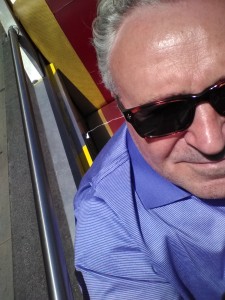
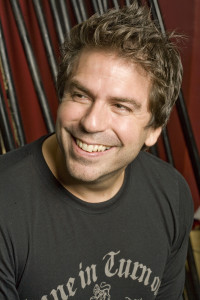
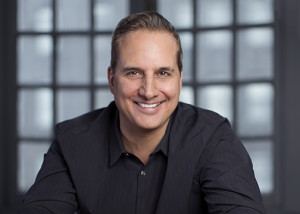

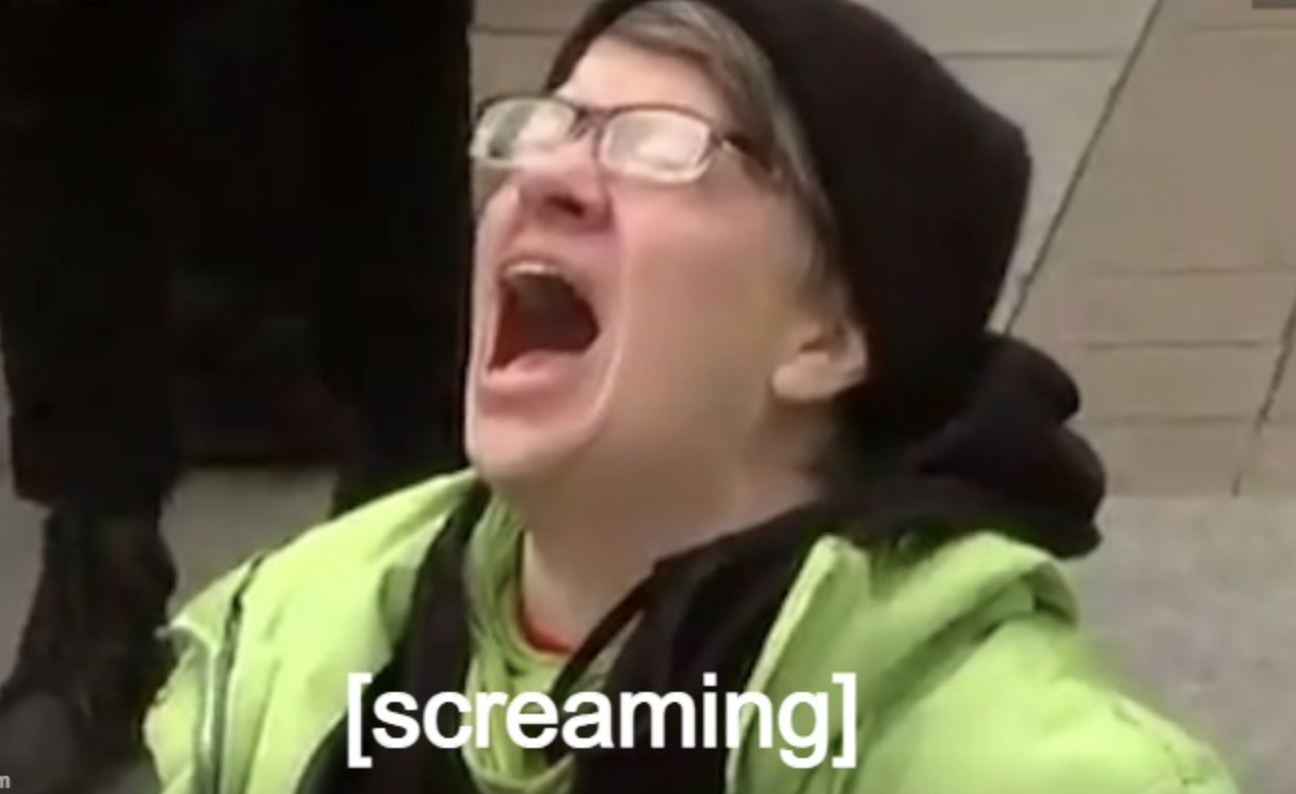
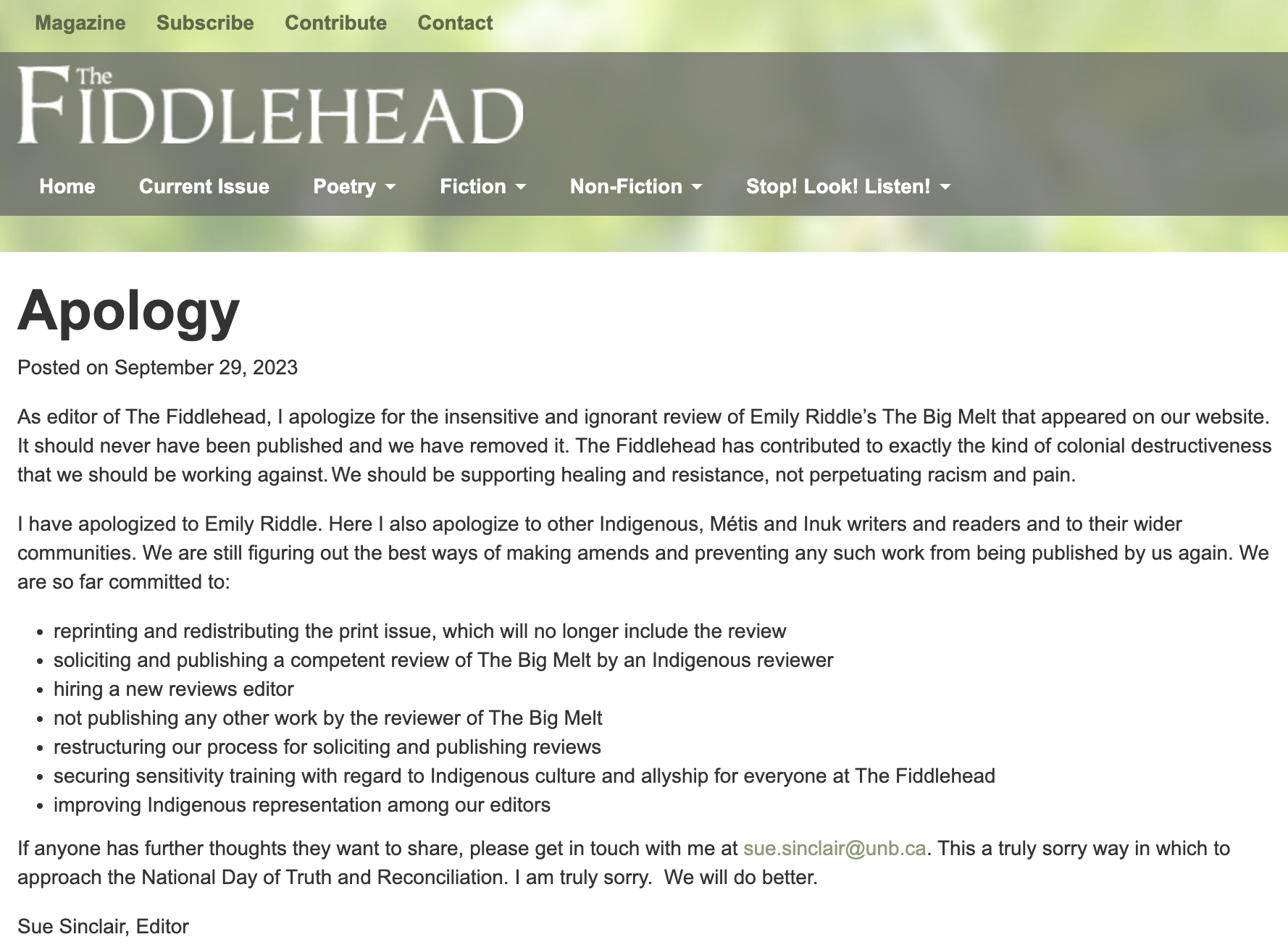
Leave A Comment